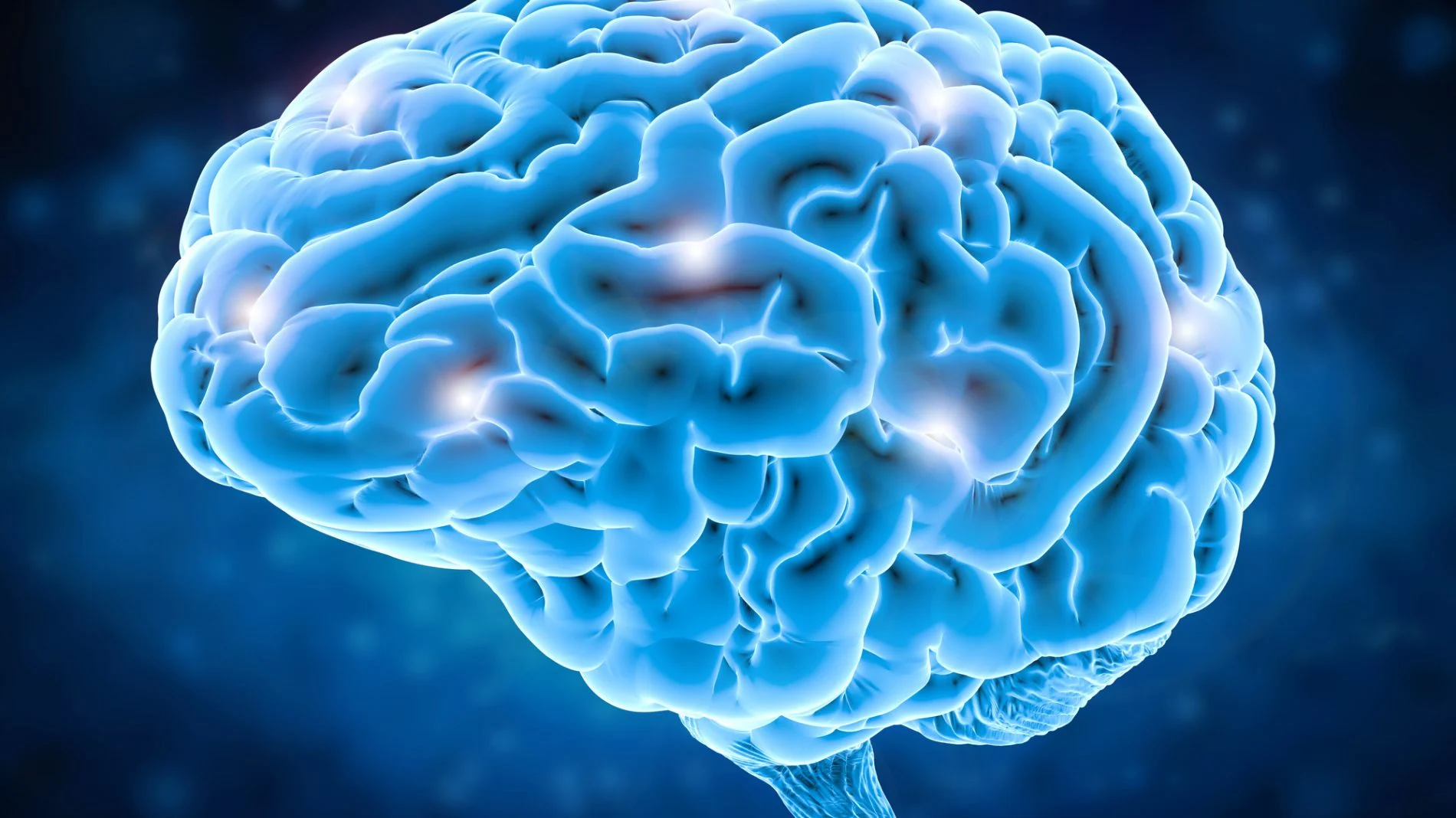If you’ve ever wondered how gambling affects the brain, you are not alone. The question is, how much does it hurt your brain? And the answer is surprisingly complex. The answer may surprise you, but it depends on your definition of “addiction”. Gambling releases dopamine, the chemical that makes us happy. It’s this chemical that triggers the brain’s reward system, which produces up to 10 times more dopamine than usual. This is why you might be tempted to gamble or engage in other addictions.
One reason why compulsive gamblers feel so good after winning, is that they experience withdrawal from gambling. This isn’t simply a mental state. The brain’s reward system, which is involved in decision-making, pleasure centers, and motivation centers, is activated by gambling. When a gambler hits a winning bet, dopamine is released into the brain, which makes them feel great. Dopamine is a dominant power driver and chief neurotransmitter in the reward system.
Problem gambling can run in families, so if your family has a gambling disorder, you may be at a higher risk of developing the disorder. Previously, the psychiatric community considered gambling to be a compulsion, but more recent studies have proven that problem gamblers and drug addicts share similar brain structures. Furthermore, both drugs and gambling affect the same part of the brain. If you are unsure of the difference, it might be time to talk to your family and seek professional help.
While gambling does not affect the entire brain, it does affect the same parts of the brain as drugs and alcoholism. In addition, the anticipation of a win triggers the same neurotransmitters as the reward in other enjoyable activities. This may account for the correlation between the high of a win and the risk-taking behavior that results from gambling. This phenomenon is also known to boost the euphoric levels felt by gamblers.
The National Institutes of Health has detailed a list of the symptoms of gambling addiction. The symptoms of pathological gambling include preoccupation with casinos, withdrawal when you stop, and compromising other areas of life to keep the addiction going. Problem gambling is a complex condition and should be treated as such. Professional help is available to help you quit, but understanding how it affects the brain is essential. So, how does gambling affect the brain?
Depending on the nature of the addiction, treatment for gambling addiction can help a gambler live a happy and sober life. Gambling addiction rehab aims to help gambling addicts develop a life-long plan to overcome their addictive behavior. A gambling addiction treatment program must be comprehensive and include therapy for co-occurring mental disorders, including depression. Behavior therapy aims to reduce the urge to gamble, while cognitive-behavioral therapy focuses on changing the way a gambler thinks about gambling.











